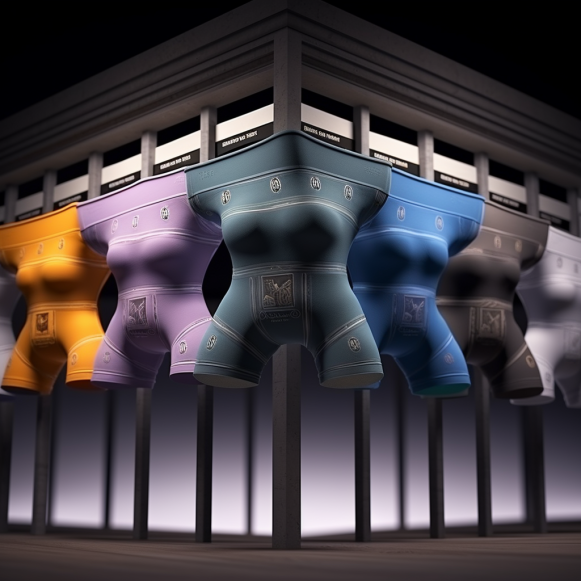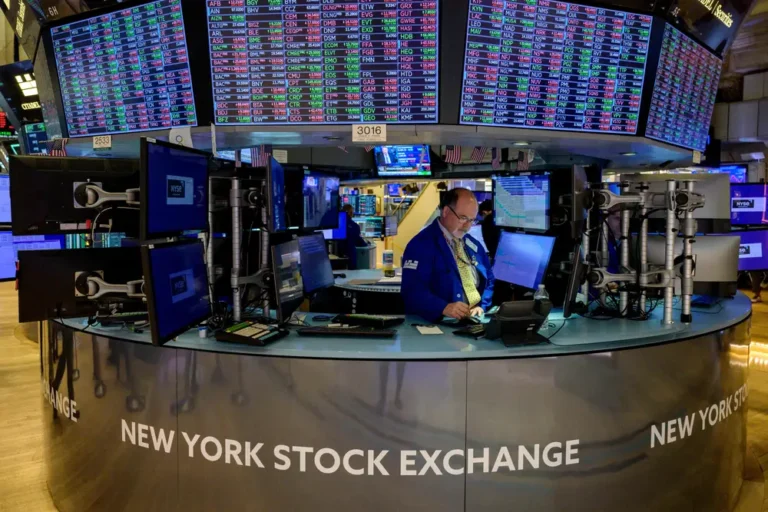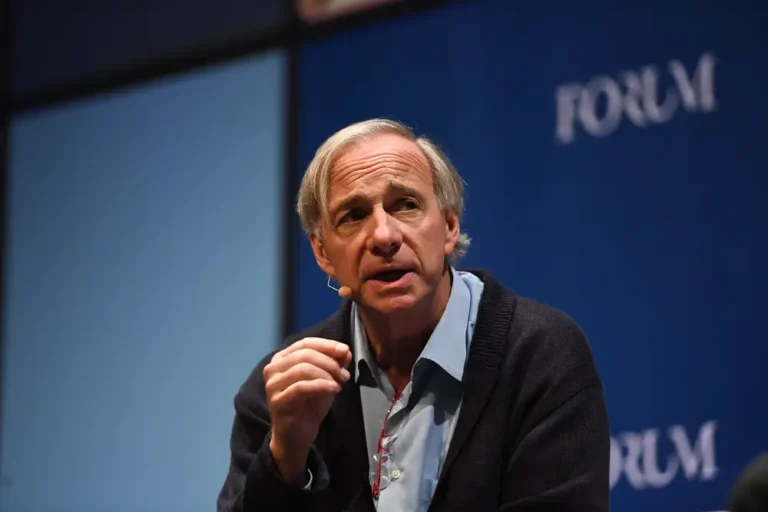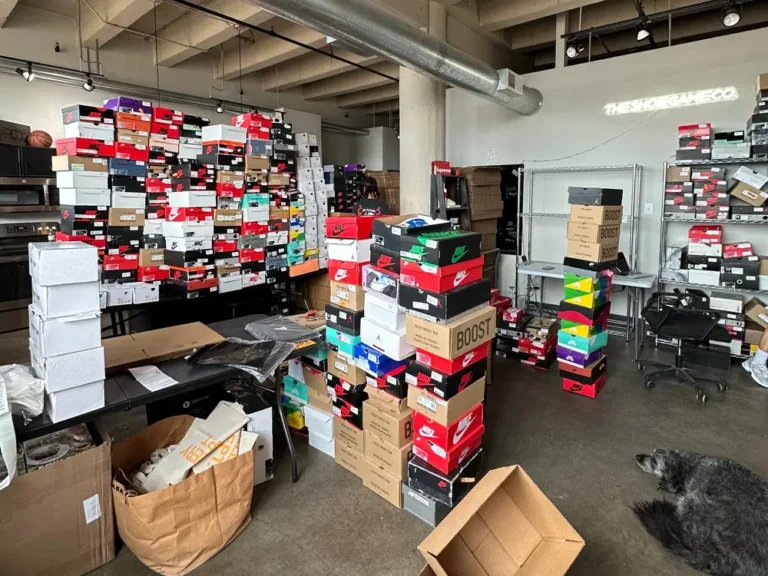Deep in Trump Country, Biden plan creates hundreds of green jobs

Courtland’s papermill is no longer in operation. Cherokee also has a railcar factory. People in north Alabama are tired of seeing good jobs disappear.
“We’ve been beaten on and on and on,” says Bobby Burch, who has lived here his entire life.
That’s why what’s going on off State Route 20 these days is so remarkable. A new industry is coming to this corner of the Bible Belt, past the Dollar General store, the Wheeler Grove Baptist Church, and Dot’s Soul Food restaurant. First Solar Inc. intends to begin production of solar panels near the cooperage that produces barrels for Jack Daniels Old No. 7 whiskey.
Burch sobbed as he broke the news.
People are buzzing about green jobs in America’s reddest district, where old-fashioned conservatism meets new-fashioned economics. They’re mentioned on the Rick & Bubba comedy radio show. Friday night high school football games under the lights. At Rotary Club lunches, over Southern sweet tea.
What they’re not talking about is the uneasy politics of it all. In this part of deep-red Alabama, Republicans outnumber Democrats 14-to-1. In 2020, then-President Donald J. Trump won 80% of the vote in the state’s 4th congressional district, despite rolling back more than 100 environmental rules and regulations to the delight of the oil and gas industries. It was one of his most massive landslides ever.
Joe Biden, the Democrat in the White House, is now working to restore jobs. Biden has issued an urgent call to combat climate change and re-establish environmental policies that Trump has undermined. Last year, he and Democrats in Congress approved hundreds of billions of dollars in federal incentives to encourage domestic manufacturing and accelerate the country’s transition away from fossil fuels.
Republicans are still attempting to undermine Biden’s green initiative. Just last week, newly installed House Speaker Mike Johnson aided in the passage of legislation that would eliminate billions of dollars in incentives included in the president’s signature climate legislation.
Despite the opposition, the First Solar plant and dozens of clean-tech projects across the country are part of one of the largest industrial policy experiments in US history. Nobody knows how it will play out in Alabama, which is embracing its new position on the southern outskirts of the country’s emerging Battery Belt.
Burch, chair of the Lawrence County commission, is driving his gas-powered Chevy Tahoe SUV past rows of cotton and arbors of southern muscadine grapes on this sultry mid-September day. He’s wearing an Auburn Tigers shirt and talking about silicon crystals — and the promise of solar panels.
Burch, 58, is ecstatic. According to him, the new factory is “a shot in the arm” for the county. “I’ve been telling everyone that this is going to put us on the global map!”
Weeds grow through the cracks in the concrete floor of the abandoned International Paper mill in Courtland, Tennessee, south of the Tennessee River. For more than 40 years, the mill was the largest employer in the county, which is located about 185 miles north of Montgomery, the state capital.
More than 1,000 people had worked at the mill, which produced paper for magazines, envelopes, and office copiers. All of that changed a decade ago, when digital technology — and the prospect of a paperless future — annihilated the mill and all of those jobs.
“People were just angry, down, and sad,” says Burch. “It’s the kind of morale that just takes time to go away.”
A second blow then landed a county away. FreightCar America Inc. will close its railcar plant in Cherokee in 2020. Hundreds of jobs were lost as production moved to Mexico.
Things have recently improved in Lawrence County, where Jesse Owens, the 1930s Olympic medalist and American hero, was born as the son of a sharecropper. The red earth has been leveled by yellow bulldozers to make way for the $1.1 billion First Solar factory, which is about 35 miles west of NASA’s Marshall Space Flight Center in Huntsville. New concrete walls run for about a half mile.
According to the plans, the plant will cover an area roughly the size of 40 football fields and employ over 700 people. When it opens late next year, it will be the county’s largest employer.
Officials waived certain property taxes on the plant for 20 years in order to entice First Solar. Other levies have also been eliminated. To sweeten the deal, First Solar anticipates qualifying for tax credits under Biden’s Inflation Reduction Act, which no Republican politician has supported.
Tabitha Pace, who leads the local business development board, was instrumental in bringing First Solar here. Other businesses may follow suit.”It’s opened the door to new projects,” she said.
According to Samantha Sloan, First Solar’s vice president of global policy, the company chose Lawrence County primarily because it is close to Huntsville, a high-tech manufacturing hub. She added that other factors included land costs, the availability of electricity, and logistics infrastructure.
Residents are already reaping the benefits of the factory. A federal grant of $1.5 million was awarded to the county to improve roads and water services. First Solar has also paid approximately $1.4 million in school taxes. This money will be used to build a STEM lab, expand classrooms, and establish a career-tech center.
Kathleen Hamilton, 91, of her family’s cotton farming business, who says unusual weather delayed harvest this year, calls the First Solar plant a “blessing.”Roger Felkins, vice president of the Hillsboro Gin Company, is another supporter of the solar factory. However, he claims that people are too quick — sometimes too quick — to dismiss the everyday practicalities of green energy. He is concerned that battery-powered tractors will be too heavy for Alabama’s fine sandy loam.
A five-minute drive from the new solar factory in Trinity, Mayor Vaughn Goodwin, a Republican, is torn between caring about the environment and voting for politicians who oppose green initiatives. “To be honest, it’s a hard balance,” he said.
Goodwin is concerned about the country’s green future under a Republican-led administration.
An online poll conducted by Bloomberg News and Morning Consult from October 5 to October 10 found that voters in several swing states, including Alabama, trust Trump more than Biden on the economy. Based on their track record, most Alabama voters supported Trump in 2020 and are likely to do so again if he is the GOP nominee in 2024. (Representative Robert Aderholt, a Republican who has represented the 4th congressional district since 1997, has denied climate change science. Nonetheless, he requested $1.5 million in federal funds earlier this year for a center for electric and autonomous vehicles at a community college in his district. A spokesman did not respond to requests for comment.)
70 industrial robots whirl over an orange conveyor system about 40 miles west of Trinity in Colbert County’s Muscle Shoals, where historic soul, rock, and country songs were recorded by everyone from Aretha Franklin to the Rolling Stones. Workers at this factory are putting together yet another new clean-energy product: EV battery cases.
Linamar Corp. of Canada took over the Muscle Shoals plant in August. Paul Underwood was one of hundreds of people laid off when FreightCar America, which manufactured railcars used to transport commodities such as coal, went bankrupt. He is now in charge of the plant that manufactures EV parts.
Underwood, 42, isn’t interested in green’s red versus blue politics. Neither do his employees. Many people say they aren’t planning to replace their gas-powered vehicles with electric vehicles because they are still too expensive and there aren’t enough charging stations nearby.
“It wasn’t a political agenda, it wasn’t an EV agenda, it wasn’t a climate-change agenda,” Underwood says of the effort to bring manufacturing back to the state. “It was an opportunity to create jobs.”
In Lawrence County, this is a common refrain. Following a speech by the Daughters of the American Revolution at the Rotary luncheon at the Western Sirloin Steakhouse in Moulton, the topic shifts to green energy.
Dentist Charles Borden was surprised that First Solar chose a state where many Republican voters — and many Republican politicians — are skeptical of climate change.
Don Beach, a doctor, recalls how another manufacturer polluted the area and expresses concern that the new solar-panel plant will do the same. “I’ll be watching them carefully,” he said.
The irony of Biden bringing green jobs to a red area didn’t even occur to probate judge Greg Dutton. What matters is that they are present.
“It’s got nothing to do with ideology,” he said.
Costumed students toss Double Bubble Gum and Tootsie Rolls to the crowd during the high school homecoming parade. A monster-sized pickup truck crawls around the town square blasting AC/DC.Burch, the county commissioner, reconnects with old friends. The topic shifts to the upcoming solar-panel plant and how his rural county will soon become embroiled in a high-stakes battle over global supply chains and clean energy.
“I mean, what we’re doing is competing with our nemesis China,” Burch said. “We are going straight at their neck.”






